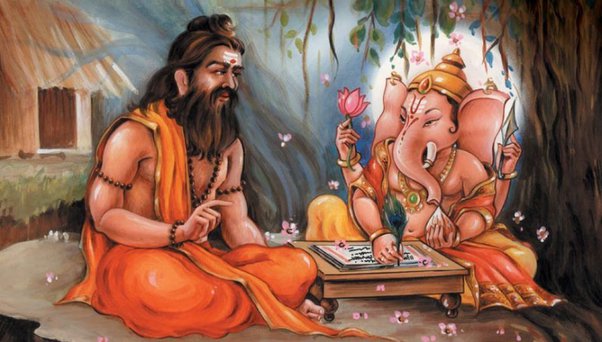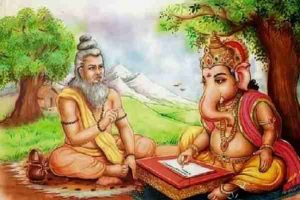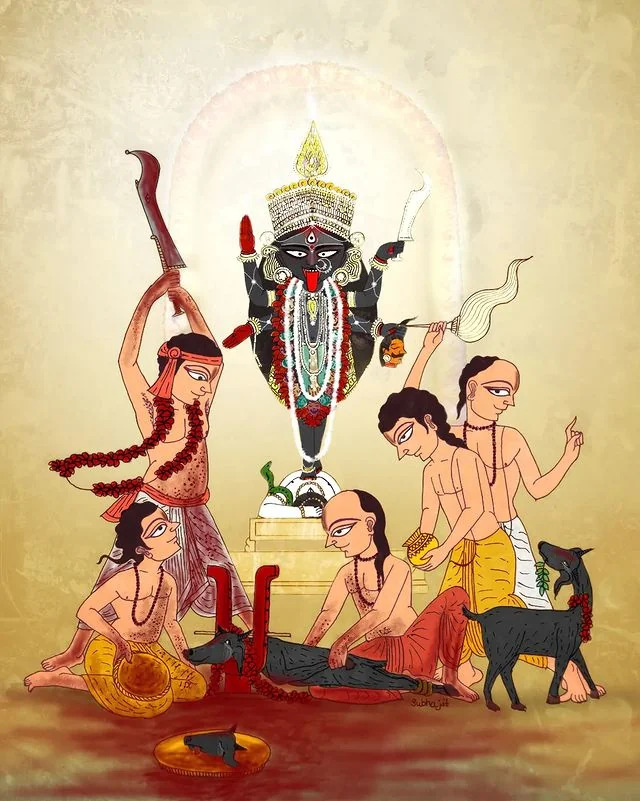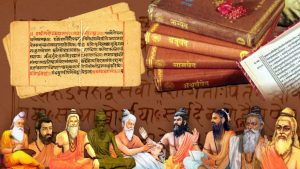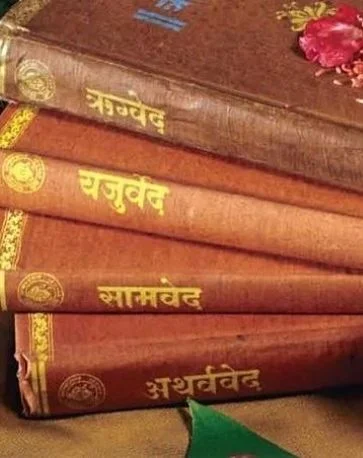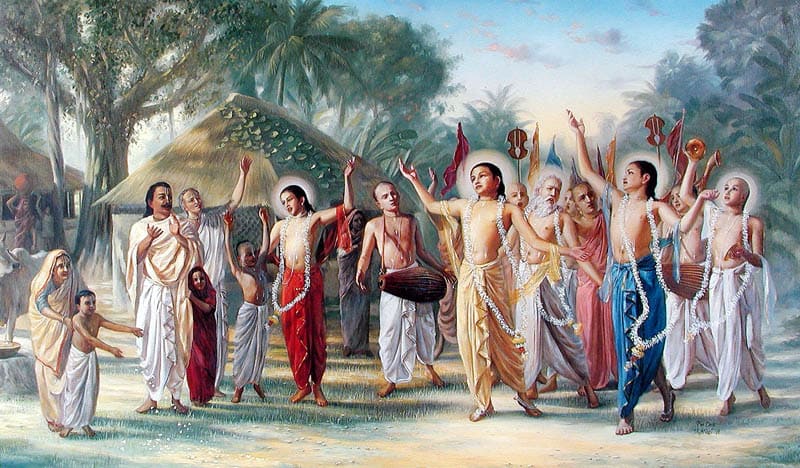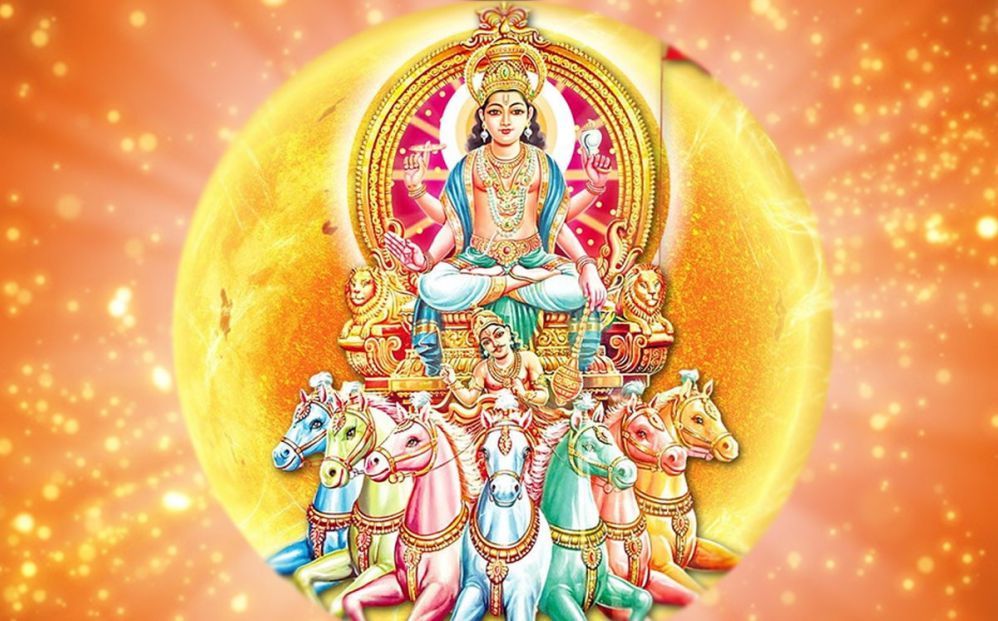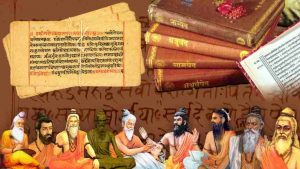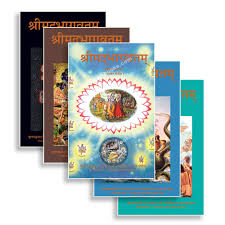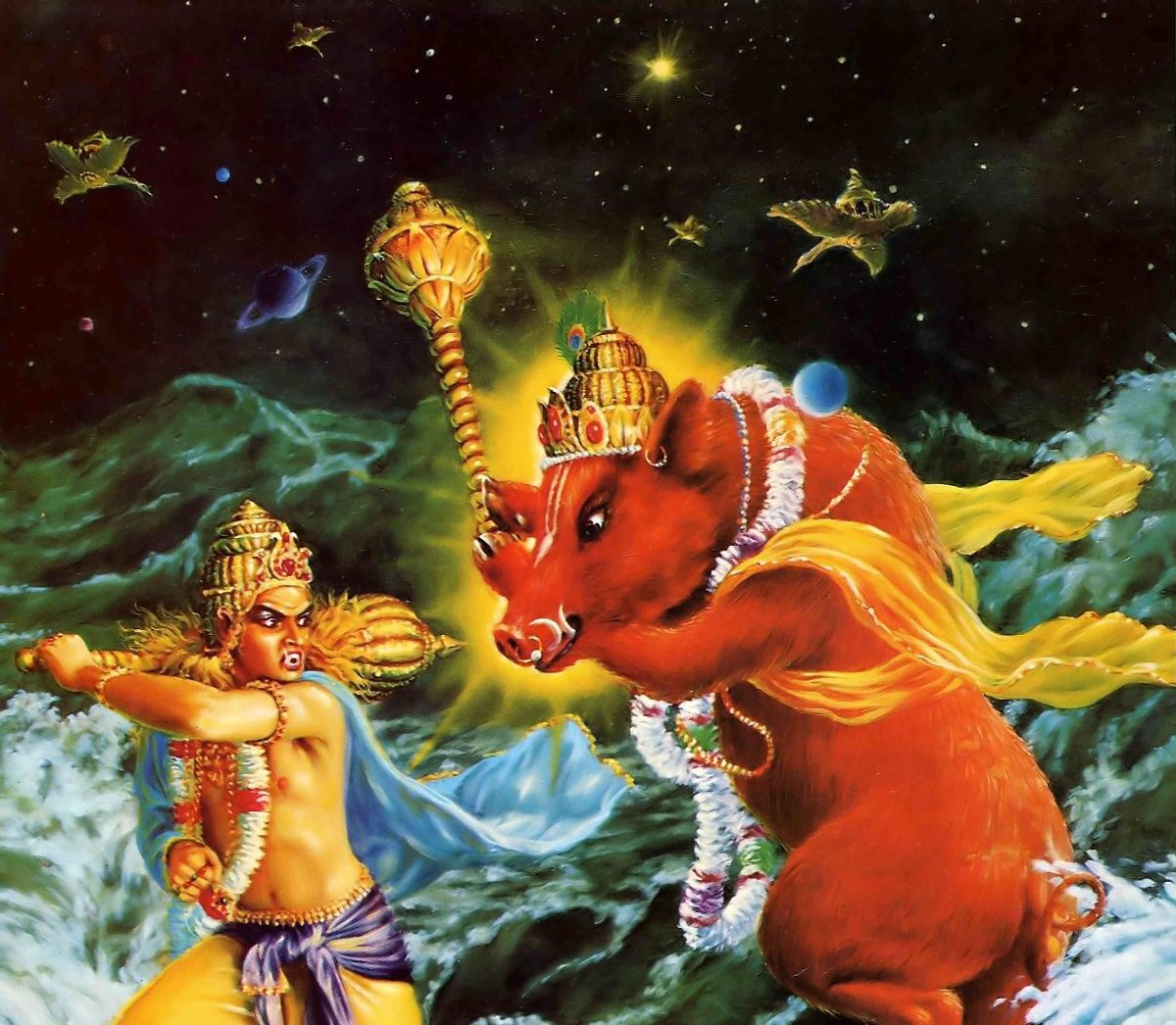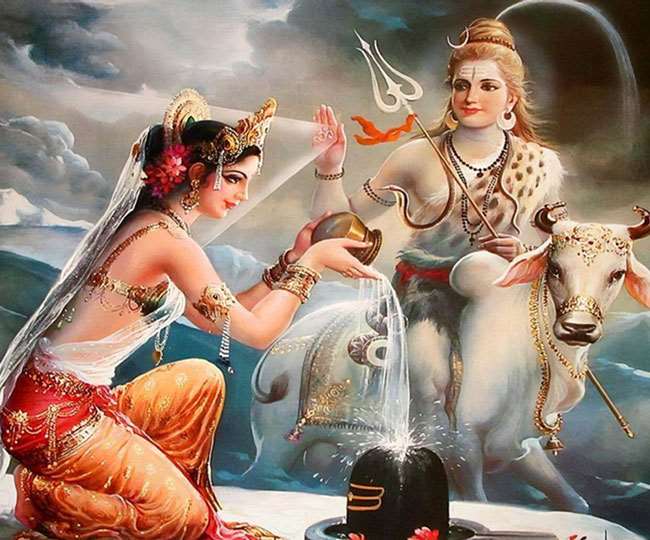What are principles of religion according to scriptures?
Following in the footsteps of Maharaja Pariksit, it is the duty of all executive heads of states to see that the principles of religion, namely austerity, cleanliness, mercy, and truthfulness, are established in the state, and that the principles of irreligion, namely pride, illicit female association or prostitution, intoxication, and falsity, are checked by all means.
The principles of religion do not stand on some dogmas or man-made formulas, but they stand on four primary regulative observances, namely austerity, cleanliness, mercy, and truthfulness. The mass of people must be taught to practice these principles from childhood. Austerity means to accept voluntarily things which may not be very comfortable for the body but are conducive for spiritual realization, for example, fasting. Fasting twice or four times a month is a sort of austerity which may be voluntarily accepted for spiritual realization only, and not for any other purposes, political or otherwise. Fastings which are meant not for self-realization but for some other purposes are condemned in the Bhagavad-gita (17.5-6).
Similarly, cleanliness is necessary both for the mind and for the body. Simply bodily cleanliness may help to some extent, but the cleanliness of the mind is necessary, and it is affected by glorifying the Supreme Lord. No one can cleanse the accumulated mental dust without glorifying the Supreme Lord. A godless civilization cannot cleanse the mind because it has no idea of God, and for this simple reason people under such a civilization cannot have good qualifications, however, they may be materially equipped. We have to see things by their resultant action. The resultant action of human civilization in the age of Kali is dissatisfaction, so everyone is anxious to get peace of mind. This peace of mind was completely in the Satya age because of the existence of the above-mentioned attributes of human beings. Gradually these attributes have diminished in the Treta-Yuga to three fourths, in the Dvapara to half, and in this age of Kali to one fourth, which is also gradually diminishing on account of prevailing untruthfulness. By pride, either artificial or real, the resultant action of austerity is spoiled; by too much affection for the female association, cleanliness is spoiled; by too much addiction to intoxication, mercy is spoiled; and by too much-lying propaganda, truthfulness is spoiled. The revival of Bhagavata-dharma can save human civilization from falling prey to evils of all description.
Source: A.C. Bhaktivedanta Swami Prabhupada (2014 edition), “Srimad Bhagavatam”, First Canto, Chapter 17 – Text 25 & 38




